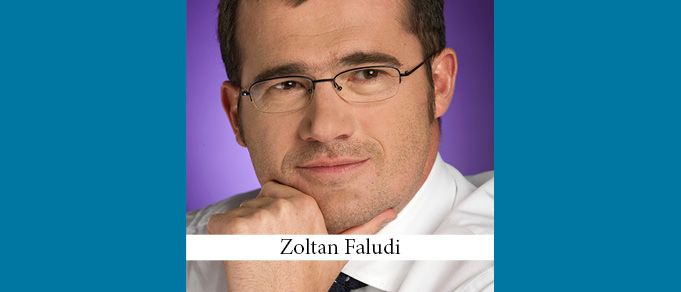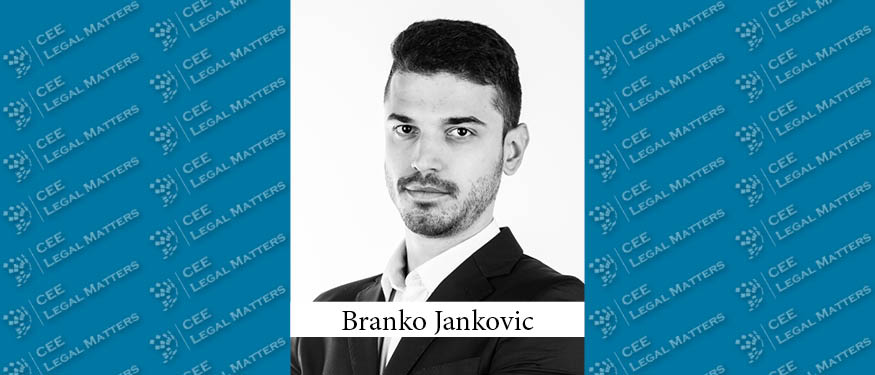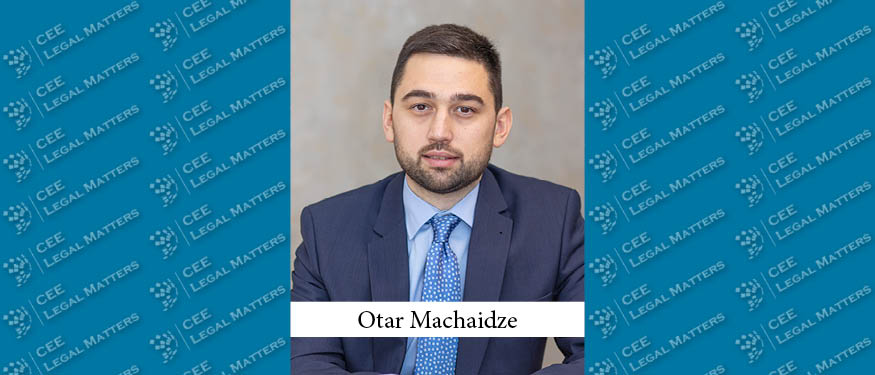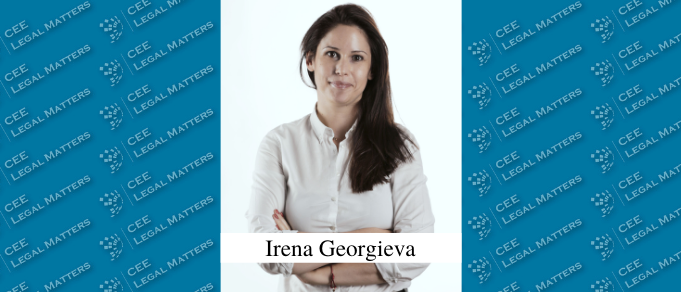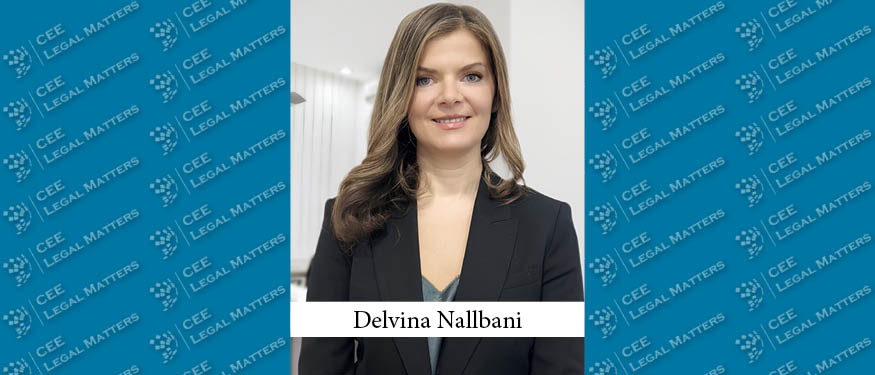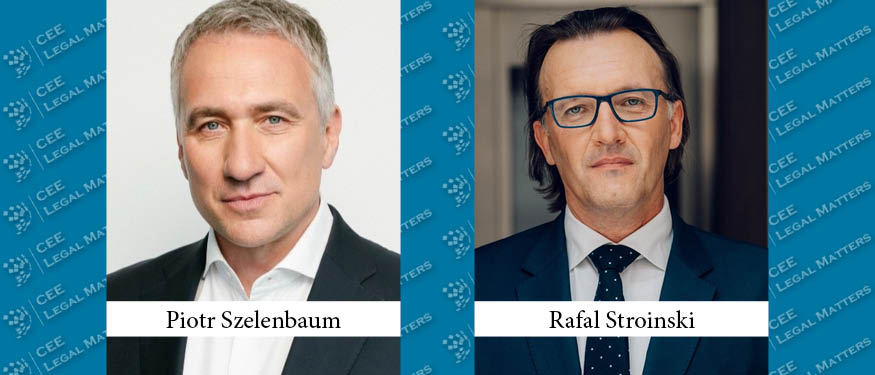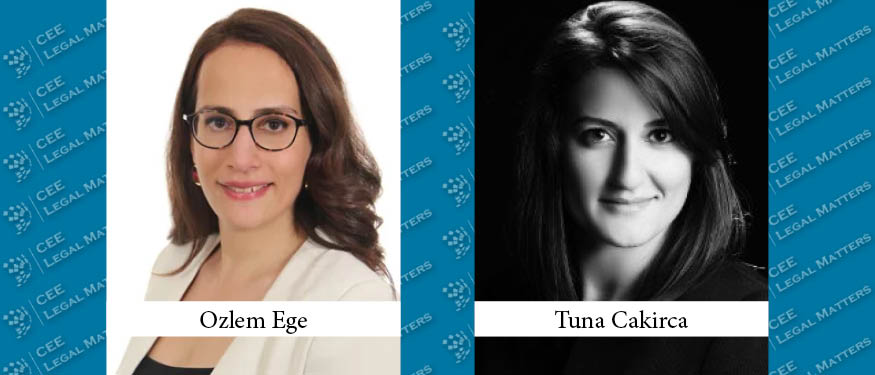Current developments in the technology sector concern the Internet of things, industry 4.0, smart solutions, and the sharing economy. One may think that advances in technology barely affect the legal profession.
However, it is already clear that the legal profession is changing as well. Practicing law in the 2030s will not be the same as it is in the 2010s. In recent years numerous reports have predicted that standardization will have an increasing impact on legal services in the next few decades. Indeed, the significant developments already occurring in this decade – most notably in an ever-stronger trend towards standardization, automation, and the use of artificial intelligence – mean the provision of legal services nowadays can barely be compared to that in the 1990s. This trend includes not only the widespread use of standard documents like templates but also seizing the opportunities the new software solutions provide for document review.
Some people say these developments erode the myths about practicing law. In the past, clients had limited options in finding a solution for the legal issues they faced and were thus forced to rely on the expertise of their attorneys-at-law. However, standardization and the use of technology made an enormous amount of work routine and limited the need for the creative work that had previously characterized the legal profession. Moreover, nowadays potential clients can find a wide range of templates online and software products for drafting submissions for court proceedings are available. And there are still more developments to come.
Economists also pointed out other aspects of this transition. Due to the standardization of the profession the employment structure of law firms has changed as well. While earlier forms of standardization justified the employment of more legal assistants, recent developments in automation constitute a threat to the jobs of lower-level employees at law firms – while simultaneously leading to an increased demand for IT professionals with higher wages. It is expected that this automation will reduce errors, increase productivity, and enable firms to serve more clients.
Expertise with financing documents based on LMA standards used to be more prestigious and worth more to clients. Due to the widespread use of the same standards now, clients request caps or even fixed fees amounting to only a fraction of the fees charged earlier. Many valuable types of legal service have become commodities in Banking & Finance practices. Clients want to buy products for a fixed price as opposed to expertise charged at an hourly rate.
The process of founding companies is characterized by standardization as well. Even national legislation provides for the use of statutory articles of association templates to expedite the registration of companies. Applications to register companies may only be submitted electronically using a standard file format. Under these circumstances, many aspects of corporate law have become mere document management.
These developments have of course reached the CEE region and Hungary as well. In Hungary the implementation of EU law has led to extensive regulation of the energy markets, including detailed rules specifying the content of network connection and supply agreements and other supporting documents to be attached to applications for licenses. Thus, the scope of creative solutions for legal services pertaining to energy licensing has shrunk, moving the process also closer to routine work.
The standardization affects not only law firms but the courts and governments as well. Even the Supreme Court of Hungary has had to deal with the issue of using templates by the governmental bodies and the courts. The Supreme Court found that there was no rule prohibiting the use of templates, as the wording of court judgments does not need to be unique;
indeed, they need to be word-by-word the same as earlier awards made by the court in other cases where the factual and legal backgrounds are the same.
Law firms invest into new technological solutions pertaining to legal services, which lead to more routine work. It is expected that the spreading automation will lead to lower fees for this now-routine work. At the same time, however, lawyers will be able to allocate more time and energy to tasks requiring creativity and empathy since automation cannot fully replace but only supplement and improve the work of the lawyers. We practicing lawyers may want to help our clients understand better the difference between a low-value standard product and the value of genuine expertise brought to a deal by real lawyers.
Standardization and technological advances open up new opportunities for lawyers. As Bill Gates said, “never before in history has innovation offered the promise of so much to so many in so short a time.” Whether this promise will be fulfilled depends on how the lawyers adapt to the new circumstances.
By Zoltan Faludi, Managing Partner, Wolf Theiss Hungary
This Article was originally published in Issue 4.5 of the CEE Legal Matters Magazine. If you would like to receive a hard copy of the magazine, you can subscribe here.

